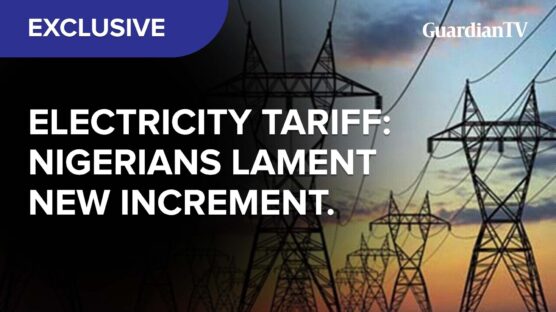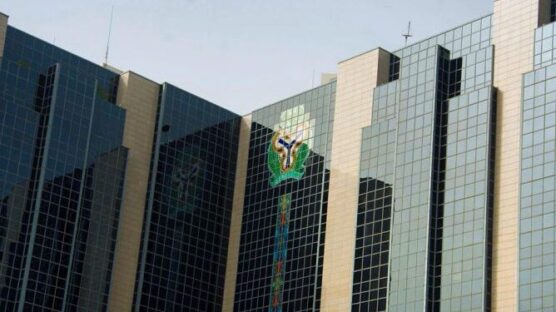How ready are Nigerians for the petrol subsidy realities?
By Reuters
04 April 2023 |
5:08 am
As Nigeria prepares to fully deregulate the downstream sector of the oil and gas industry by June, stakeholders in the sector say prices may go as high as 750 naira per litre.
In this article
Related
April 15, 2024
Related
12 Apr
Following the approval of the hike in electricity tariff by the Nigerian Electricity Regulatory Commission, customers in the band, a category who receive 20 hours and above supply of electricity, will now have to pay 225 Naira per kilowatt hour against the 66 Naira payable before the hike.
This directive, which came in the middle of fuel subsidy removal, foreign exchange crisis, and high inflation rates, has been heavily criticized by the citizens.
15 Apr
Here's what's been making the business headlines in sub-Saharan Africa this week.
13 Apr
Nigeria’s Minister of Finance, Wale Edun says 4.83 trillion naira from T-Bills and Bonds issued in the first quarter of this year was used to pay part of the Ways and Means advances from the Central Bank of Nigeria. Sam Chidoka, CEO of Kairos Capital joins CNBC Africa for more on this discussion and Nigeria's debt management strategy.
4 days ago
A year after Lula came to power, his gamble has paid off: deforestation has been halved in the Amazon. But this success comes at the cost of sacrificing another ecosystem that's just as vital to Brazil: the Cerrado.
4 days ago
Some top Nigerian banks are eyeing the international and local capital markets to raise fresh capital in a bid to meet the recapitalisation exercise by the Central Bank of Nigeria. Egie Akpata, Chairman of Skymark Partners joins CNBC Africa to examine options available to banks.
2 days ago
According to the International Monetary Fund (IMF), a 10% rise in the dollar on the currency market would push down real gross domestic product (GDP) in emerging economies by 1.9% after one year, with adverse economic effects lasting more than two years
Latest
1 hour ago
Scientists are testing a quadrupedal robot, named Spirit, in the rugged terrain of Oregon's Mount Hood, simulating the extreme conditions of the Moon and Mars.
1 hour ago
Can new laws against hate speech online also reduce harassment in the VTuber scene?
2 hours ago
Tunde Onakoya, a chess mastermind and founder of Chess in Slums Africa, has completed an incredible feat! He embarked on a journey to break the Guinness World Record for the longest chess marathon without a loss, aiming to surpass the existing mark of 56 hours and 9 minutes. And in the early hours of today, Saturday, April 20th, Tunde emerged victorious!
3 hours ago
Iranian state media have reported loud explosions in the sky near the central city of Isfahan. Tehran says say its air defense systems were activated at a nearby military base and a nuclear facility.
3 hours ago
In this week’s special edition of Access Asia, we focus on India as the country's record-breaking election gets under way. In the past few years, India's ranking in the World Press Freedom Index has plummeted.
3 hours ago
How can a conflict that is taking place right now, and that’s regarded as the biggest humanitarian crisis in the world, become known as the forgotten war? Aid agencies say that after exactly a year of civil war in Sudan, driven by a fight for power between two military factions, the world has turned away.
×

Get the latest news delivered straight to your inbox every day of the week. Stay informed with the Guardian’s leading coverage of Nigerian and world news, business, technology and sports.


















0 Comments
We will review and take appropriate action.